Year 3 struggles are a pathway to school failure
‘If you start behind at school or fall behind, it’s hard to catch up.’ Tracking of 185,000 Australian students over seven years has revealed worrying results.
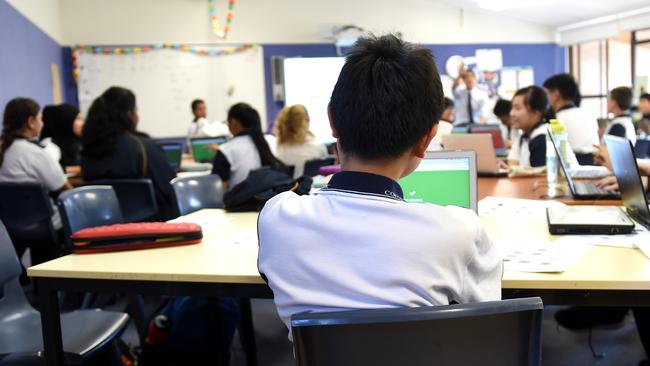
Children who fall behind in English or maths by year 3 are likely to struggle with schoolwork as teenagers, a mass study of Australian students has revealed.
Small-group tutoring to help children catch up with classmates is recommended in a report by the Australian Education Research Organisation (AERO).
“Most students who do not meet year 3 learning expectations continue to perform below expectations, or inconsistently, through school,’’ it states.
Education Minister Jason Clare on Sunday flagged extra funding to support the growing number of students needing remedial support, saying the results of this year’s NAPLAN tests would be released on Wednesday.
“I expect they will show there are more students who need additional support,’’ he said.
“That’s because we’ve raised the bar (of) minimum standards students are expected to meet.
“We have done this deliberately, to identify the students who need additional support. The next step is to provide that additional support.’’
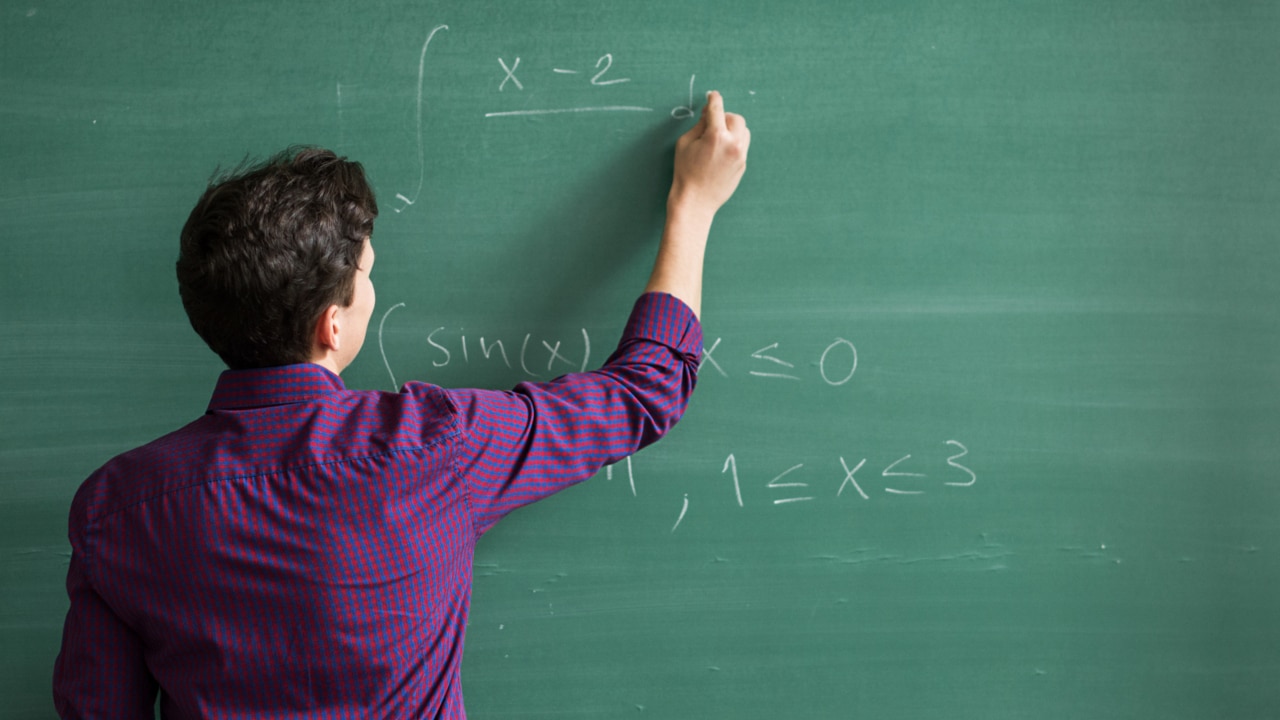
Mr Clare said a review of school funding would “make sure we are tying funding to the sort of things that help children who fall behind to catch up, keep up and finish school”.
The AERO’s findings are based on a longitudinal analysis of NAPLAN (national assessment program, literacy and numeracy) results from 185,000 students identified as struggling in year 3, and tracking their progress over seven years of testing.
If found that students had the best chance of catching up in years 4 and 5, although many of them slipped backwards in high school.
Indigenous students, children living in remote areas, and those whose parents had dropped out of school before year 12 were most likely to struggle with maths and English through primary and high school.
Mr Clare said the report showed that “if you start behind at school or fall behind, it’s hard to catch up’’.
“What this report proves is that early intervention is critical,’’ he said. “That includes things like small-group tutoring.’’
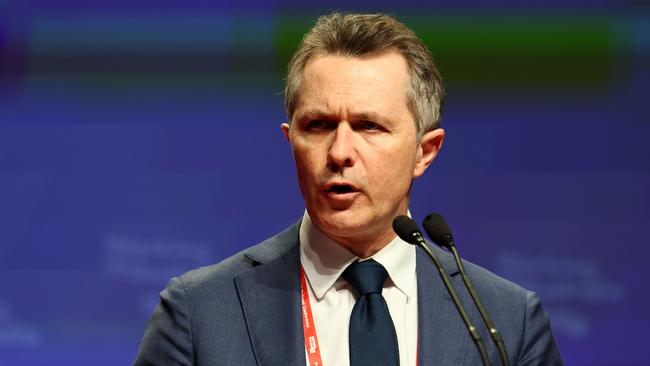
AERO tracked students over seven years of the NAPLAN tests, which are held in years 3, 5, 7 and 9, using data between 2008 and 2022.
Aboriginal and Torres Strait Islander students made up one in four of the children who performed consistently at or below the national minimum standard for reading and maths throughout school. In contrast, only 5 per cent of all students performed poorly between years 3 and 9.
Boys make up two of three children who struggle with reading, where just one in six of the students caught up with their classmates to perform consistently above average in year 9.
One in five students caught up to do well in maths.
At least a third of the poor performers in year 3 remained consistently at or below the minimum standard in year 9.
“Students whose parents had education levels of year 11 or below are over six times more likely to consistently perform at or below the national minimum standard compared to those who had at least one parent with a bachelor’s degree or above,’’ the report states.
AERO chief executive Jenny Donovan said many students were finishing school without the literacy skills they needed.
She said it was important to identify struggling students early and intervene to help them catch up.
“Fewer than one in five students who are behind in year 3 catch up and stay caught up,’’ Dr Donovan said.
“The best time to intervene is as soon as a student is identified as having fallen behind. “The evidence shows that interventions like small-group tuition are effective to catch up students who fall behind.
“Regular assessment is important in all stages of schooling to ensure any students who have fallen behind their peers are identified as soon as possible.’’


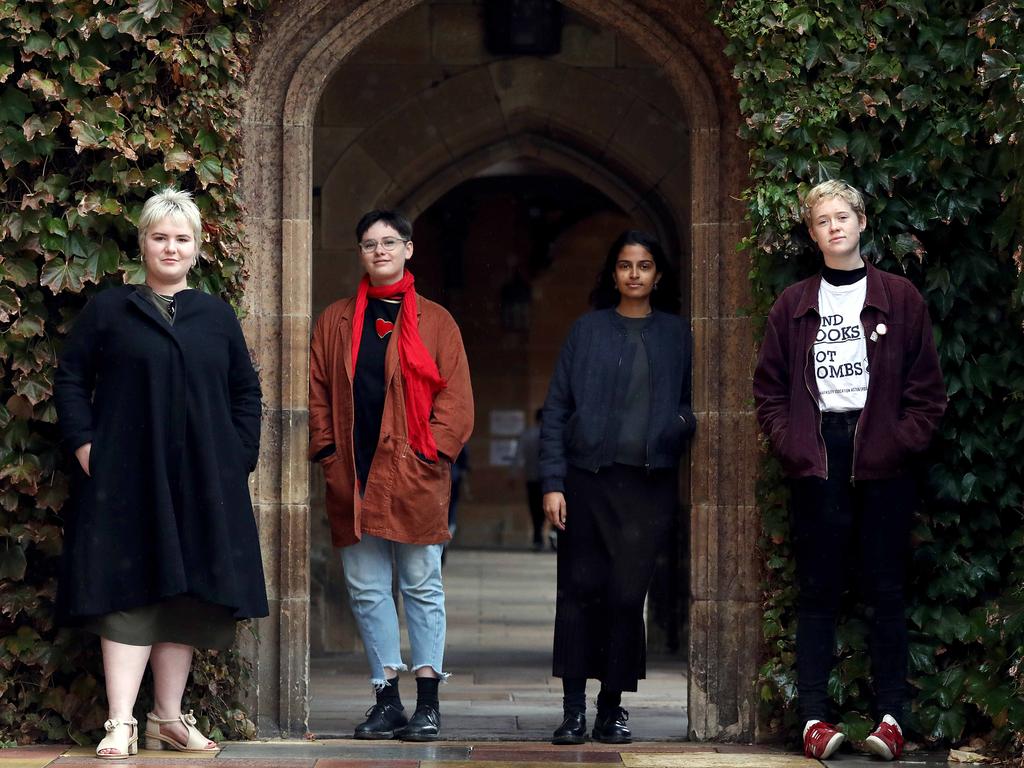


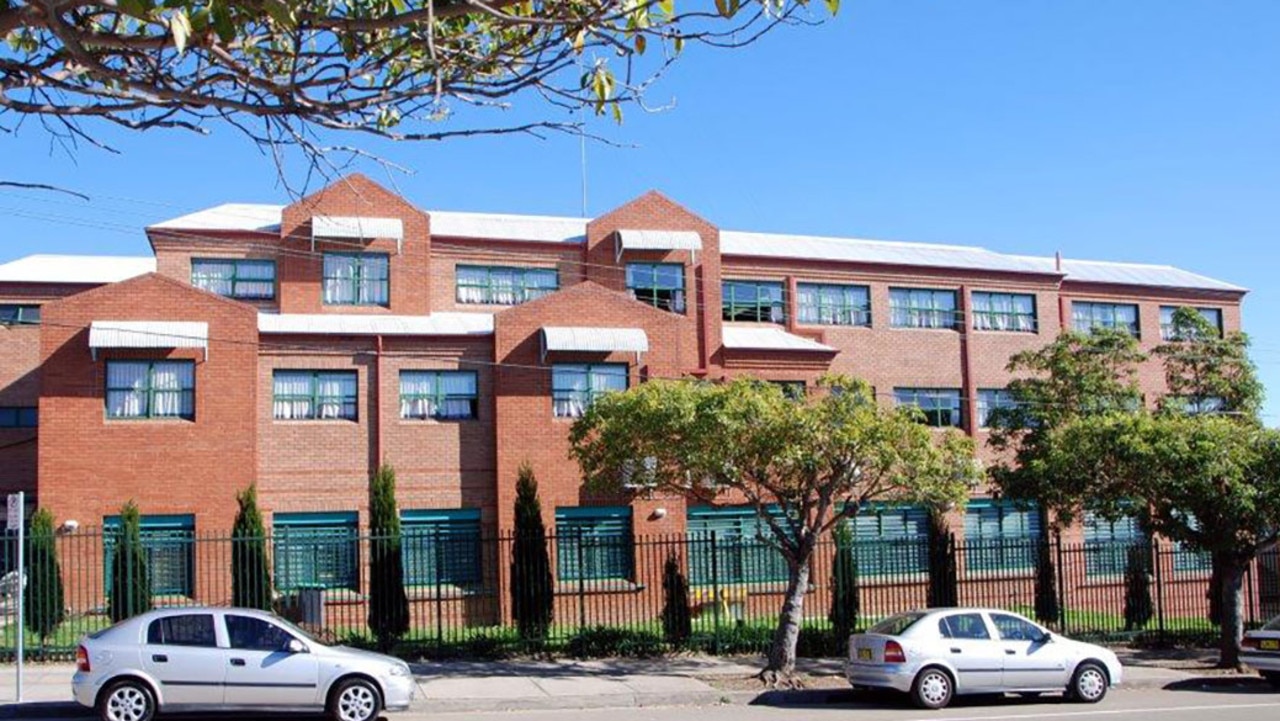
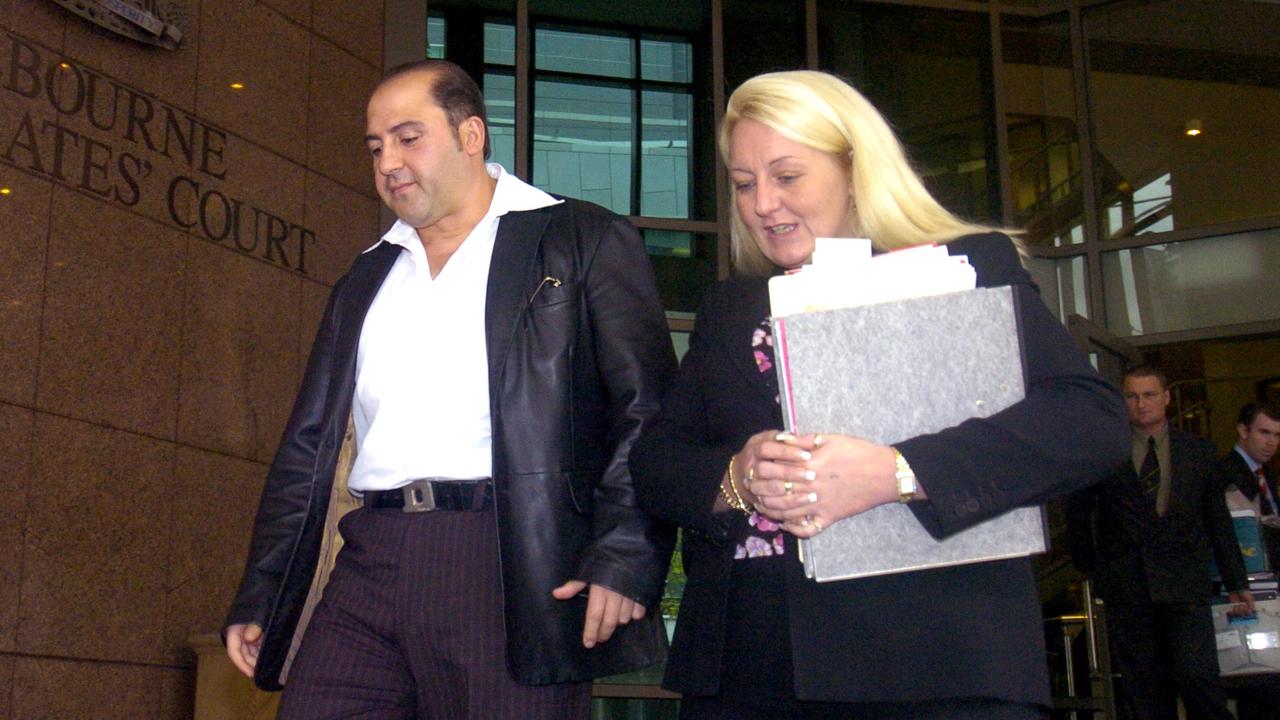
To join the conversation, please log in. Don't have an account? Register
Join the conversation, you are commenting as Logout